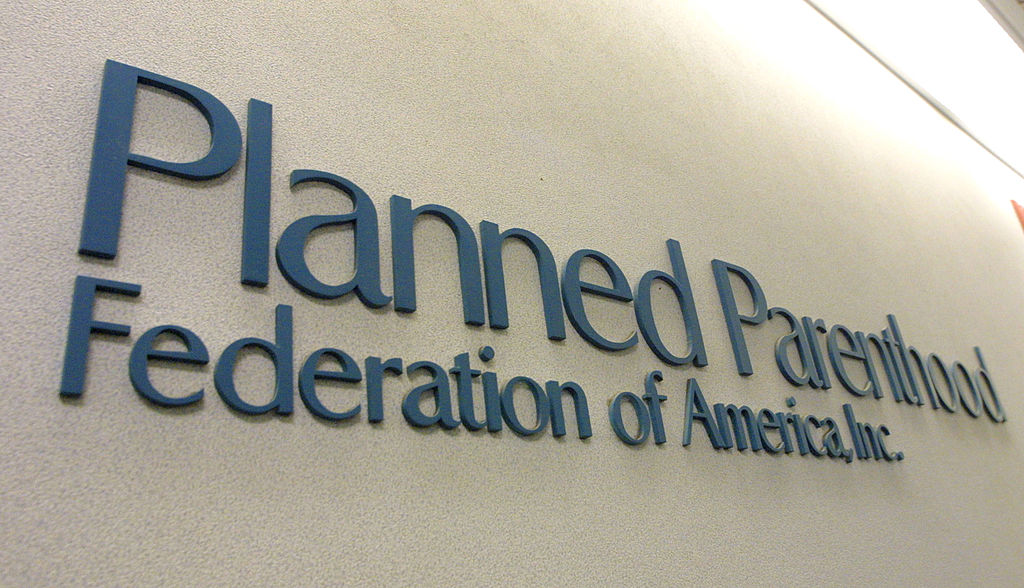Planned Parenthood is facing criticism for its role in providing hormone therapy to teenagers seeking to transition. Critics argue that the organization is not conducting thorough assessments or requiring parental consent, thereby eroding the safeguards present in gender medicine. The concern arises from the quick consultations and prescription of life-altering drugs without what critics deem as sufficient gatekeeping.
A significant part of the controversy revolves around the ability of 18-year-olds, especially those with special needs, to give informed consent to hormone therapy. There are worries that Planned Parenthood may not be equipped to handle complex cases, particularly those involving individuals on the autism spectrum. The organization’s reliance on nurse practitioners and limited psychiatric expertise is seen as inadequate for assessing developmental trajectories and considering the impact of autism on gender dysphoria.
The rapid growth of Planned Parenthood’s provision of cross-sex hormones has raised questions about the prioritization of hormone therapy over abortion services. Some branches have reported a significant increase in demand for gender-affirming care visits, which has surpassed the demand for abortion.
Pediatric gender clinics have also become more lenient in prescribing hormones due to long waitlists and increasing caseloads. This has potentially contributed to the appeal of Planned Parenthood for older teens seeking to bypass gatekeeping.
Even the liberal pioneers of gender medicine have expressed concern about the informed consent model adopted by Planned Parenthood. They argue that extensive counseling and assessments are necessary for meaningful consent, especially for individuals with special needs.
The lack of standardization in the information provided to patients and the variability in lab work requirements across different Planned Parenthood branches have also been criticized. The organization’s national office has been accused of failing to ensure uniformity and understanding of the differences between hormone therapy and reproductive health care.













